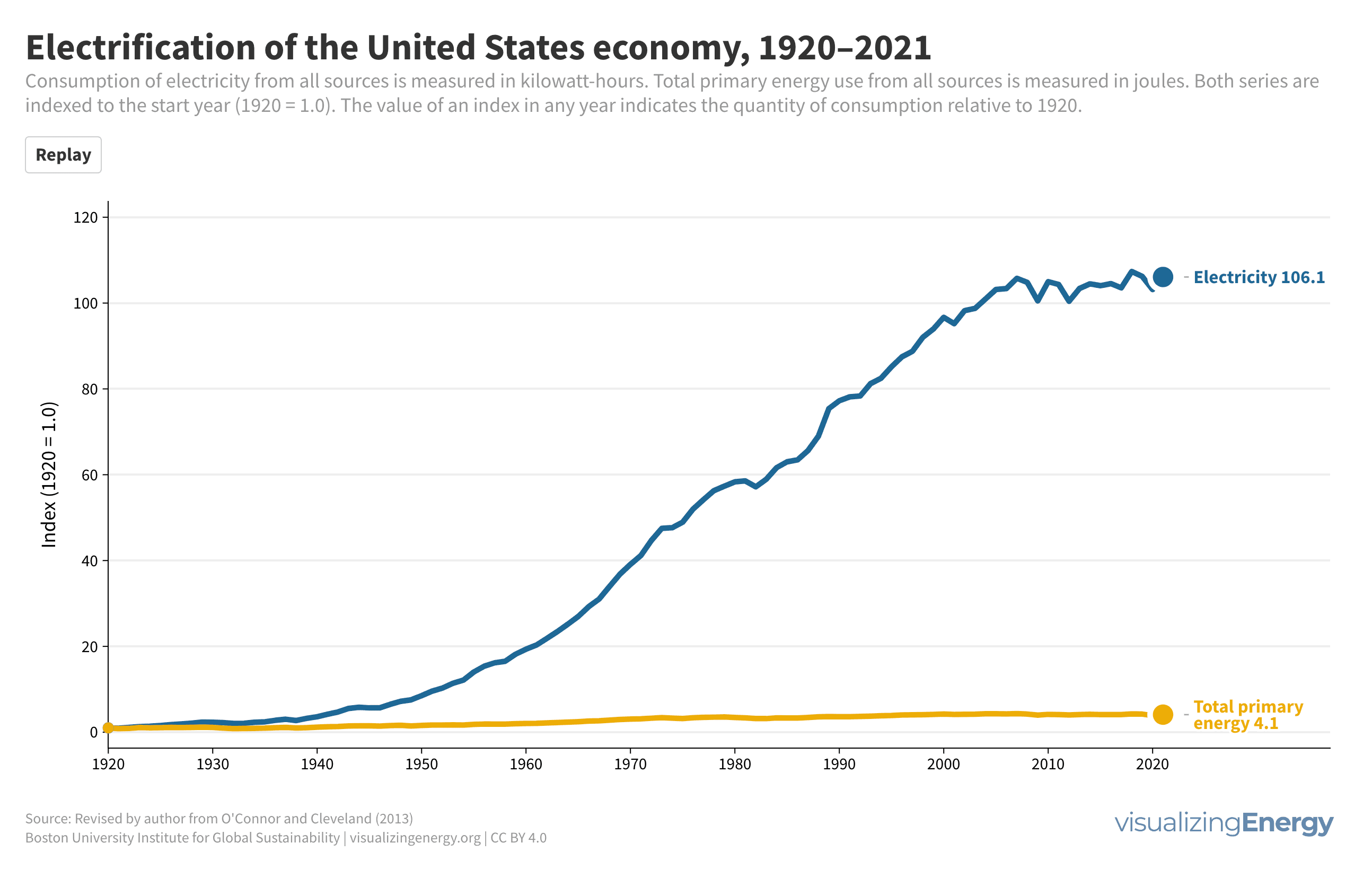AGI: Some Assembly Required
·4 min read
There's a lot of debate right now about if/when we'll get Artificial General Intelligence (AGI) and what that will mean for all of us.
According to some popular definitions, AGI will be able to do almost any remote work knowledge job with zero issues. Lots think this means AGI will steal the jobs of people currently employed in knowledge work. Believing AI will lead to the end of the world as we know it is called AI Doomerism.
AGI Doomerism has escaped containment in SF and has made it into cocktail party conversation in Austin and debates about whether your cousin should change their major after you convinced them to pick computer science back in 2021.
I do not share this negative view of the future.
I do think we'll get to something that resembles AGI, but here are two key reasons AGI will not be the end of the world:
- Over time, advantages are competed away; excess capacity goes into competition
- AGI requires assembly
At the limit, all advantage is competed away
The first point is simple: as we get better at producing things, buyers of goods raise their standards. They expect more for the same dollar. If you find a great way to acquire users for cheap, expect that method to become expensive over time. This is a version of regression to the mean, except the driving force is capitalism.
This means that as we get tools that help us produce more, in the long term, our customers will just expect more of us. We will still pay people to outcompete our rivals and will pay them for their time.
I'm explicitly talking about the next 10–100 years, as there are surely arbitrage opportunities in the short term, and many great companies will bootstrap themselves to millions of dollars in revenue with these advantages.
Some assembly required
In my last post about AI economics, AI is Oil, I made the case that we're in the very early innings of AI's long-term impact on the world. The driving cause behind this belief is the lag from the discovery of a technology to integrating it into existing systems. This has always been slow. Oil, electrification, railroad buildout — slow.
Digital trends generally move faster and lead to acceleration. The spare fiber from the dotcom boom made it possible to build out tech companies quickly in the early 2000s. The switch to mobile made the transition to cloud hosting faster. Billions of people having smartphones helped ChatGPT jump to 800 million weekly active users.
The smarts of the models look a lot like the digital trends. The excess GPUs sitting around after the crypto boom were easily used for AI training and inference. LLMs will continue to improve on a faster time horizon as the smarts of the model are mostly digital (yes, data-center buildout is very physical, but billions of dollars are already being thrown at this problem).
This means we'll have really smart models. In fact, we already do. Most models are superhuman already.
But like humans, smarts has never been the limiting factor in output; it's action that drives outcomes.
Applying this parallel to AGI, a lot of work needs to be done to hook these models up to the world. Yes, AGI might be smart, but it's not connected to existing systems. And we're not going to let this thing just "deploy itself." We legally can't — regulations, laws, and fiduciary responsibility will ensure AGI rollout is measured and careful.
Deploying AI broadly will look much more like the electrification of the US than it will a fast takeoff scenario.

The AI-assisted developer tooling like Cursor, Claude Code, and v0 will mean this line becomes steeper as time goes on, but it will not mean automatic integration into the economy instantly like lots are forecasting.
Basically, I'd expect the smooth exponential to continue that was on pace up until 1970. This will be a very fast change that will impact the economy deeply, but it will happen over 40 years, not 4.
AI is a continuation of the connected computing mega-trend that started in the 1990s that will continue until all work is digitally assisted.
Stay up to date
Get essays and field notes delivered as soon as they publish.